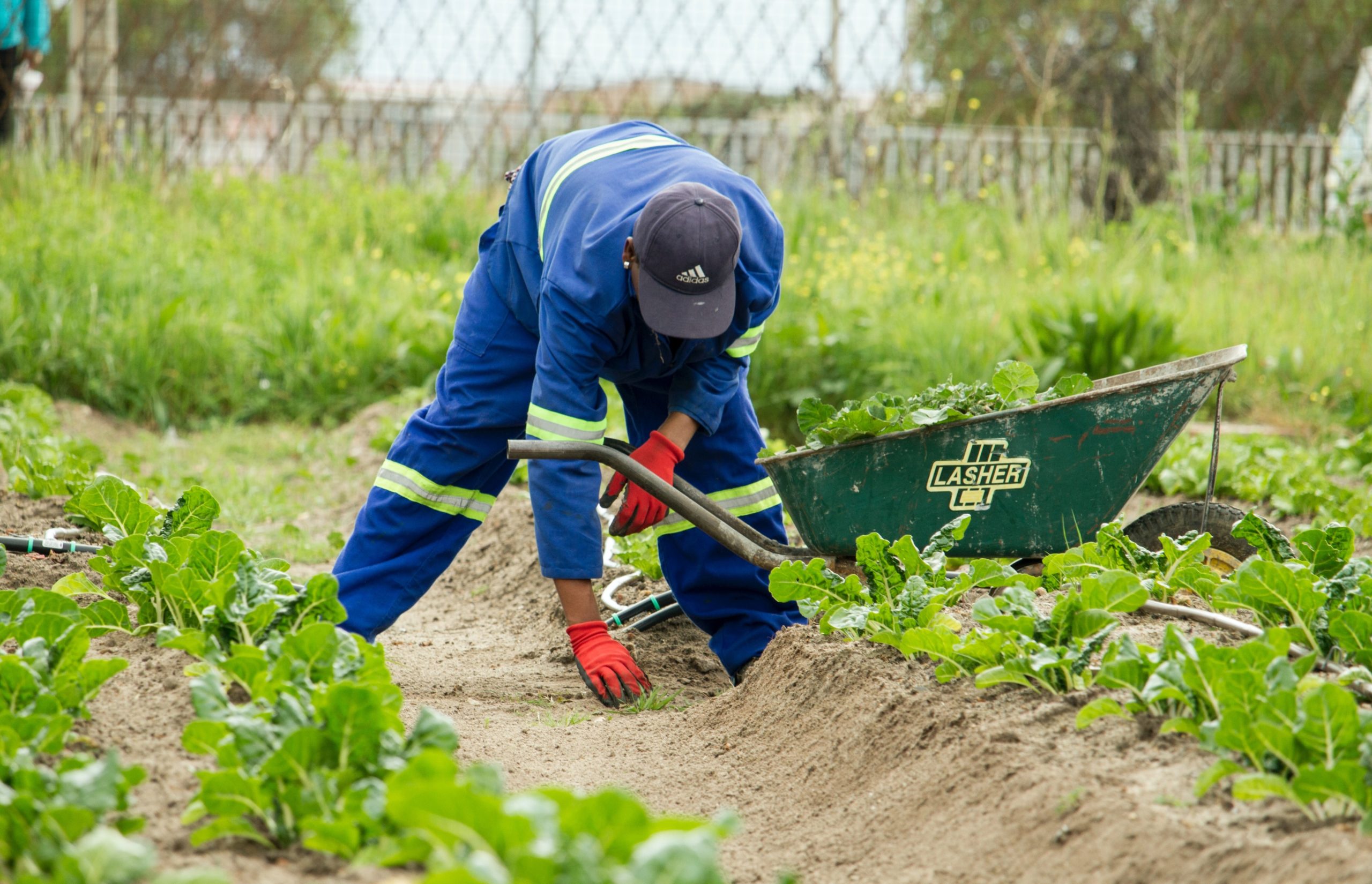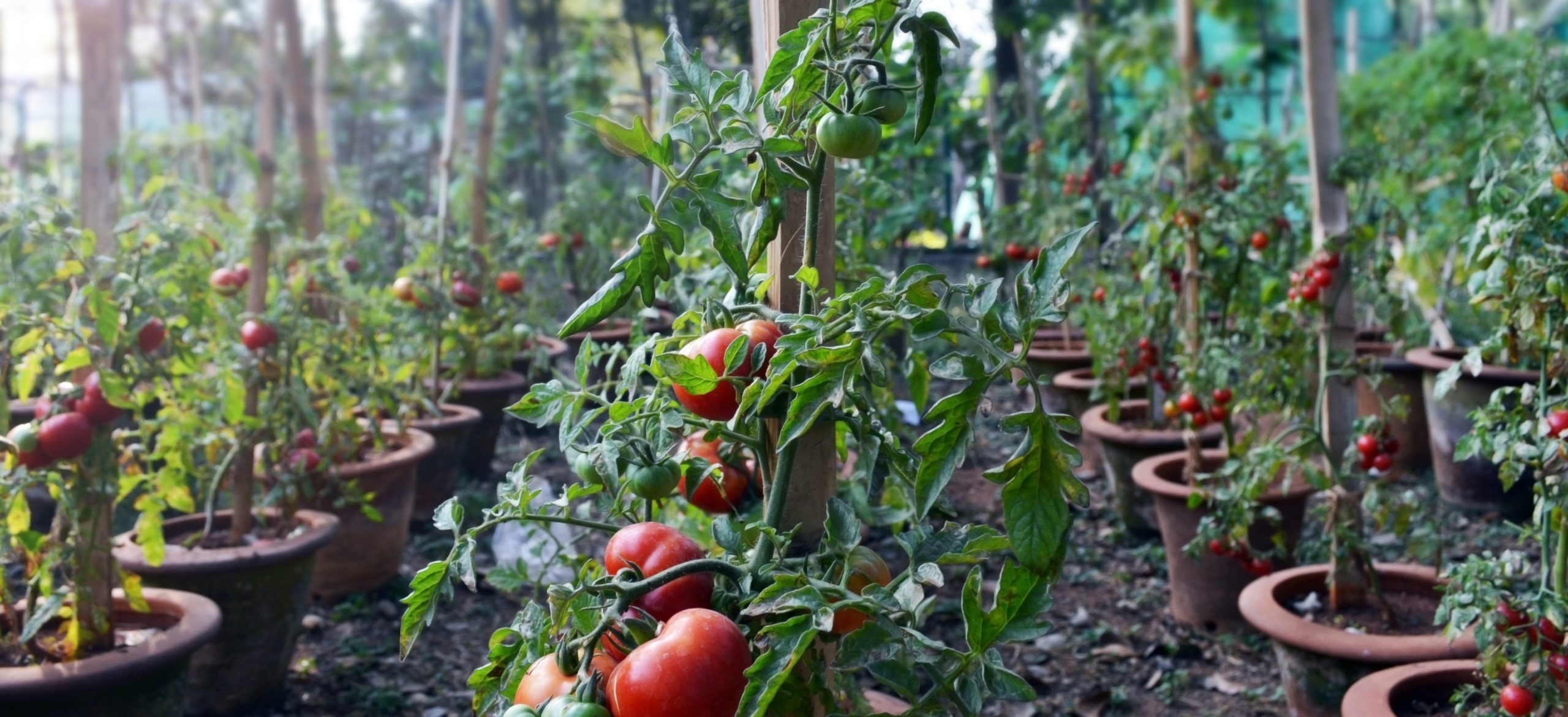We first launched our work on food waste at The Consumer Goods Forum (CGF) a little over five years ago. It’s been five years of strong progress, but it is still not enough. Food waste and loss remains a serious global problem with enormous environmental and social consequences. A third of food produced is never eaten, which amounts to about 1.3 billion tonnes of food lost each year! The drain on the global economy is huge, with current estimates coming out at $940 billion annually. The effect on the planet is equally as disastrous with an estimated 3.3 billion tonnes of greenhouse gases being released into the planet’s atmosphere annually as a result of food wasted or lost. When you look at it from all angles, it is quite simply unacceptable. We at the CGF know how we can drive change on this topic, however we must not take our foot off the pedal, and we have to be ready to shift gears and focus on different areas of the issue.
In June 2015, before the United Nations adopted the Sustainable Development Goals (SDGs), the CGF’s Board of Directors adopted a resolution to halve food waste from individual operations by 2025. This was a huge milestone in the consumer goods industry’s commitment to environmental stewardship and leadership. In 2016, the CGF agreed to join Champions 12.3, a coalition of leaders from governments, businesses, farmer groups, and civil society organisations dedicated to inspiring ambition, mobilising action and accelerating progress toward achieving SDG Target 12.3 by 2030. The move followed the CGF’s 2015 resolution to halve food waste and reaffirmed its commitment to help tackle food waste globally. In 2017, we worked with Champions 12.3 on a Call to Action to simplify and standardise food date labels globally in order to reduce food waste by 2020. Fast forward to 2020, and the CGF joined another Global Call to Action with Champions 12.3 to encourage governments and industry actors to take steps to dramatically accelerate efforts to halve food waste in order to collectively meet Sustainable Development Goal 12.3 by 2030.
Building on these past five years of experience and progress, in August 2020, we launched our CEO-led Coalition of Action on Food Waste, now bringing together 21 of the world’s largest retailers and manufacturers to drive even faster progress. Through their participation in the Coalition, these members will be able to take important steps to reduce waste by fulfilling three priority actions, including measurement and public reporting of food loss data, and collaboration with key stakeholders on the scale up of ‘10x20x30’ Initiative, part of Champions 12.3 — thereby looking beyond own operations to encourage other value chain actors to reduce food waste. In the same spirit, Coalition members are investigating ways to address food loss at the post-harvest level, by engaging with their suppliers on collaborative, innovative and effective food loss prevention strategies.
Post-harvest food loss, which includes food loss that occurs at the farm level immediately after production, is the source of 30 percent of food waste. It is the most important source of food loss and waste in developing countries, due to poor infrastructure, poor temperature management, low levels of technology and low investment in the food production systems, especially the cold chain. Investments in agriculture allied with innovative technology have undoubtedly succeeded in boosting productivity but unfortunately this has not resulted in a high enough growth in yields. The proportion of output that results in food losses and waste is still too high and consequently it is driving the continued pressure on the industry to increase production. However, according to a recent report by the World Resources Institute, various experts estimate that worldwide only 5 percent of agricultural research investment focuses on post-harvest issues while 95 percent of funds focus on increasing crop production. Yet as the World Bank, Food and Agriculture Organization of the United Nations, and others have shown that, investment in reducing post-harvest losses can be as cost-effective as other agricultural investments and can yield good returns, especially when food commodity prices rise. It is a crucial piece of the food waste puzzle and one that provides many opportunities for engagement for our members.
On 9th December 2020, the CGF Food Waste Coalition of Action held a two-hour virtual workshop for Coalition members, fresh produce suppliers and key stakeholder organisations to spark dialogues between actors on collaborative ways to address the issue of post-harvest food loss and waste in the produce sector. Building on the CGF’s recently published paper on Contractual Terms for Reducing Food Waste in fresh grocery supply chains, the group came together to learn about the unique challenges suppliers face on the issue and potential solutions that exist between both upstream and downstream parties. As part of the Coalition’s wider strategy on sector-specific engagement with suppliers and growers on post-harvest losses, in the coming year we will be publishing a case study booklet to showcase members’ actions on the topic, share insights and solutions, and inspire action from all industry actors.
The launch of our Coalition of Action on Food Waste is a positive and important step to creating sustainable food strategies, efficient use of valuable resources and preventing loss, and we look forward to seeing the impact the Coalition will have on the issue. We will continue to build coalition knowledge on how to best engage on this topic and find collaboration opportunities with key stakeholders.
This blog was written and contributed by:
Ignacio Gavilan
Sustainability Director
The Consumer Goods Forum




